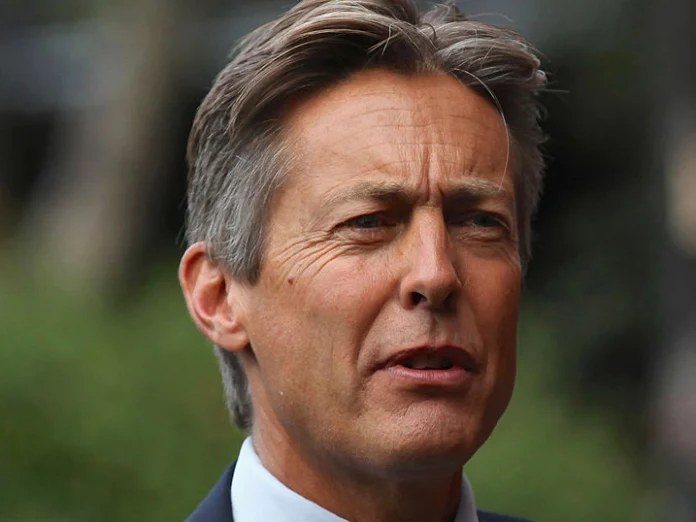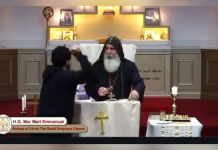After the hash the Church of England has made of the issue of same-sex marriage, a group of MPs led by long-standing churchman Ben Bradshaw has hatched a plan to pull the Anglican chestnuts out of the fire. His scheme is undoubtedly well-meaning: unfortunately, it is more likely to push them further in, to be reduced to ashes.
The current church fudge, prepared by the bishops after years of politely pious wrangling and approved by Synod last month, is easy enough to criticise. The teaching that marriage proper is between one man and one woman remains: the church will thus will have no part in marrying same-sex couples. However, it will now bless loving and committed same-sex unions and develop special prayers for them. The illogic is clear: if the justification for rejecting same-sex marriage is that any kind of sex outside opposite-sex marriage – same-sex or otherwise – is sinful, it hardly makes much sense to bless (i.e. condone) it in relationships short of marriage. Predictably, this Janus-faced compromise has satisfied no-one. Traditionalists see marriage being left as an empty shell; radicals see the plan as not going far enough.
Labour’s Ben Bradshaw has now tabled a ten-minute-rule bill in the Commons to sort things out. He proposes a deceptively simple measure that would override church self-governance in this respect and permit, but not require, clergy to marry same-sex couples in church.
At first glance, this bill (which has no almost chance of success, but presages a more serious push) looks as liberal and innocuous as you can get. If a clergyman’s conscience is clear on the point, why not allow him to follow it, provided you avoid coercion? It is only when you look closer that you see that if enacted it would represent about the worst possible outcome for the Church.
To begin with, it is no compromise: to the contrary, it embodies a slam-dunk victory for the progressives. Even radicals like the Bishop of Oxford never seriously suggested forcing priests to marry same-sex couples against their will, limiting themselves to permitting it, which is precisely what the Bradshaw bill does. The point made by the conservatives, which rightly carried the day with the bishops, was that allowing same-sex marriage in church itself involved abandonment of the doctrine of marriage as being a mystical union between one man and one woman and replacing it with a vague criterion of committed sexual attraction. The idea of Parliament simply ignoring this point, and thus forcing on the church acceptance of a radical change in doctrine already rejected by its bishops, is not attractive.
Secondly, the reasons behind the Bradshaw initiative are not theological, but instead represent an unsavoury combination of secular political activism, petty managerialism and parochalism (in the worst sense).
Read it all in The Spectator










